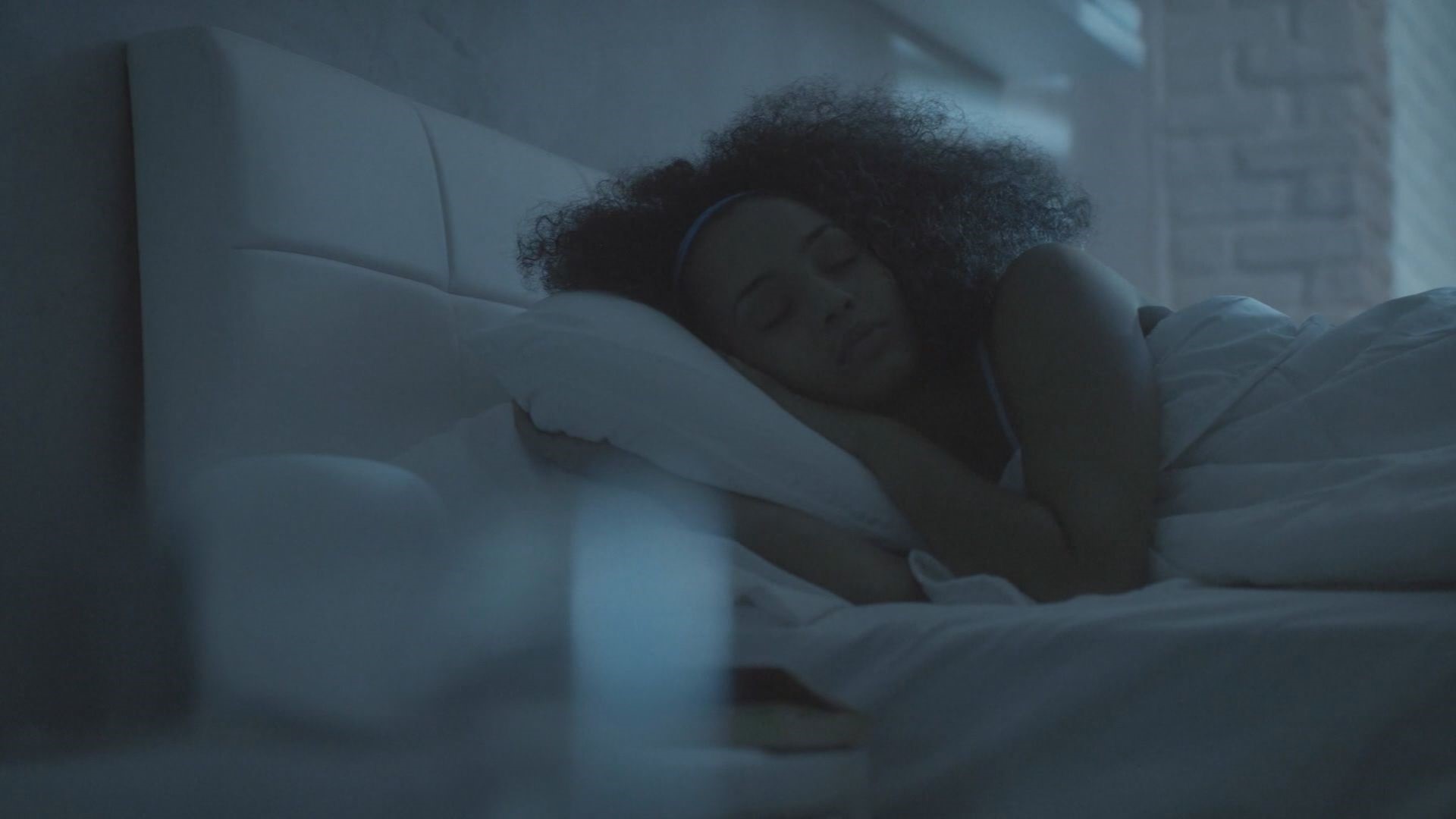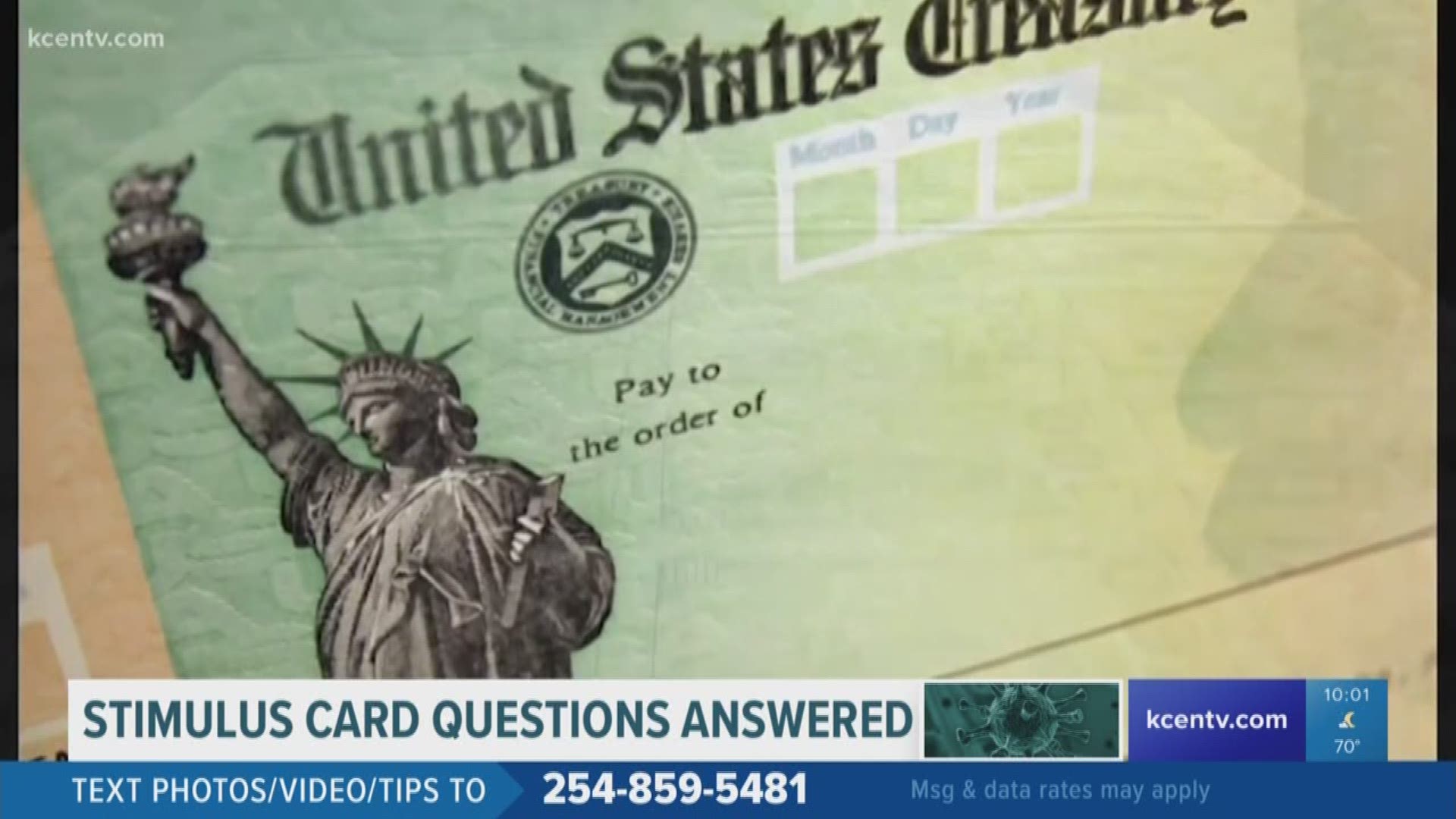The coronavirus hasn’t been good for sleep. A study by Sleep Standards showed 76% of people surveyed, lost sleep over the coronavirus. This study was done in March, before many people lost jobs, had to shelter in place and were cut off from friends and family.
“More and more stress is causing sleep disruption. People toss and turn because of the uncertainty. They don't know about their paychecks, they don't know about their company, or what the future looks like. So all of that combined affects the way a person sleeps," Dr. Wayne Pernell said.
Pernell, a business coach and relationship expert, said sleepless nights are more than just not being able to fall asleep. It can be going to bed at different times, getting up at different times, waking up multiple times through the night and then questioning if you got enough sleep. But Pernell explained, better sleep can start by simply keeping a pen and paper on your bedside table.
“Sometimes we have so much going on that just writing it down before we go to bed is going to be helpful," he said. "Just do what I call a brain dump right, it's like anything that you're thinking about just get it out there, get it on paper. Then it's no longer in your head."
According to Pernell, if you wake up in the night and can’t get back to sleep, keep the light low and try reading. Don’t turn on your screens because the blue light they emit can make it harder to fall back asleep. Other things to avoid, hitting the gym before hitting the hay.
"Do not exercise, none of this, right before bed. A lot of people think if they are exercising they'll get super tired, but if you do that within 2 hours of bed you do what's called super heating when your core temperature rises and you don't want that to happen, that is anti-sleep."
Pernell said stay away from alcohol, because while it’s a depressant that might help you fall asleep, it won’t help you stay there.
“It disrupts the sleep cycles that happen over the course of the evening and you end up in what’s called ‘early morning awakening’ so you don't want to disrupt the sleep cycles."
Pernell said one last thing to try is ending your day in gratitude no matter who stressful it’s been.
“Think about when you go to sleep, if you put yourself in the mindset that I'm so grateful for... and you list three, five, ten things, it's amazing what happens. You get in the space of gratitude and when you do that you end up waking up in gratitude and there's nothing better than that."
Finally, Pernell explained sleep issues aren’t just happening with adults. Kids are experiencing them too. He suggested talking with your children openly and honestly and helping them look forward the things in the future. Also, make sure you’re managing your own stress, since they’ll pick up on your cues.
Also on KCENTV.com
- 'All of the numbers are looking good': Gov. Abbott updates on efforts to contain COVID-19 in Amarillo
- Tracking strong to severe storms Wednesday afternoon
- Historic SpaceX Crew Dragon launch scrubbed due to weather
- Governor Greg Abbott and the Texas Health and Human Services Commission announce $3.6 million to help nursing home residents during COVID-19 pandemic
- Magnolia reopening June 1 with additional health, safety measures


